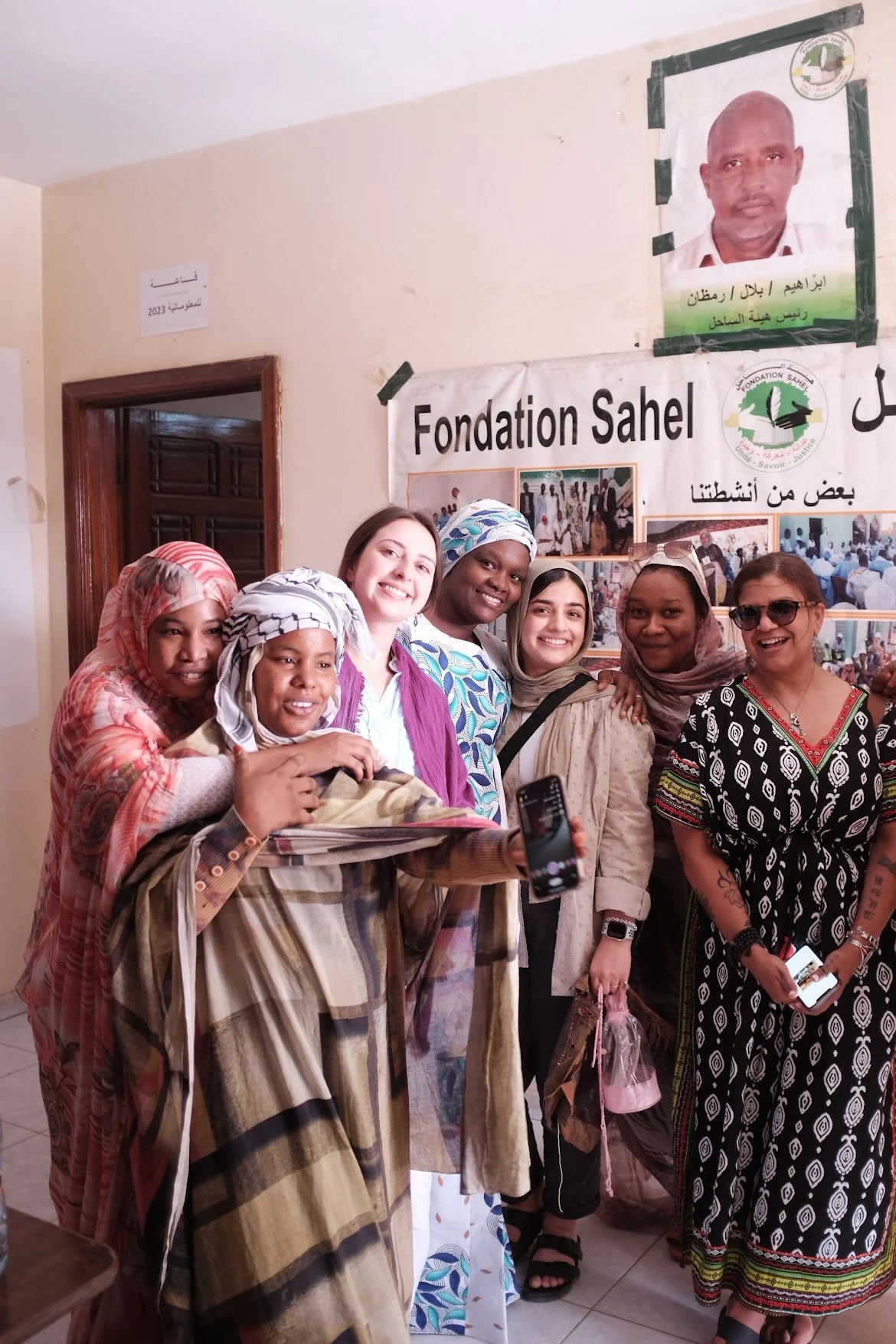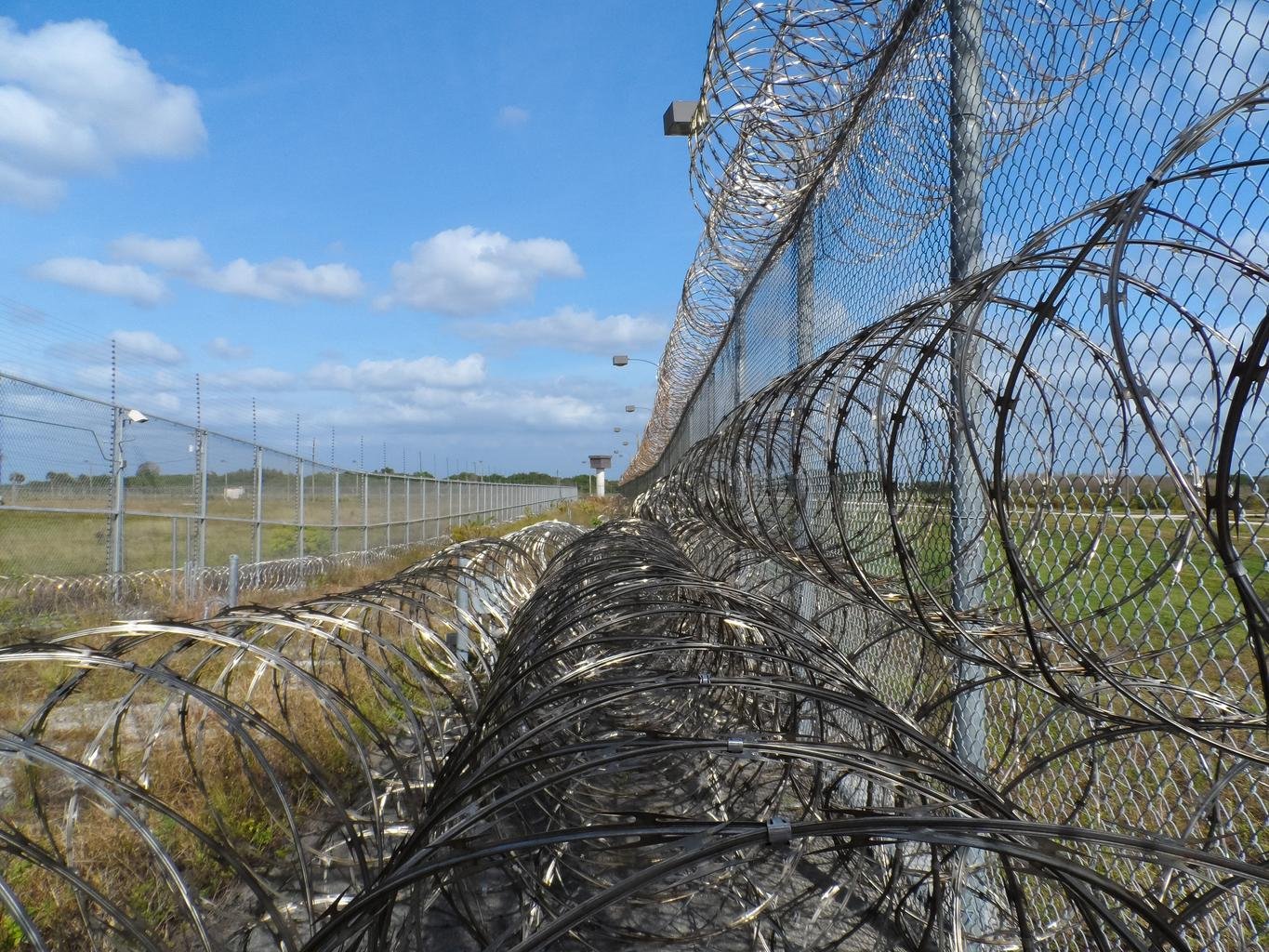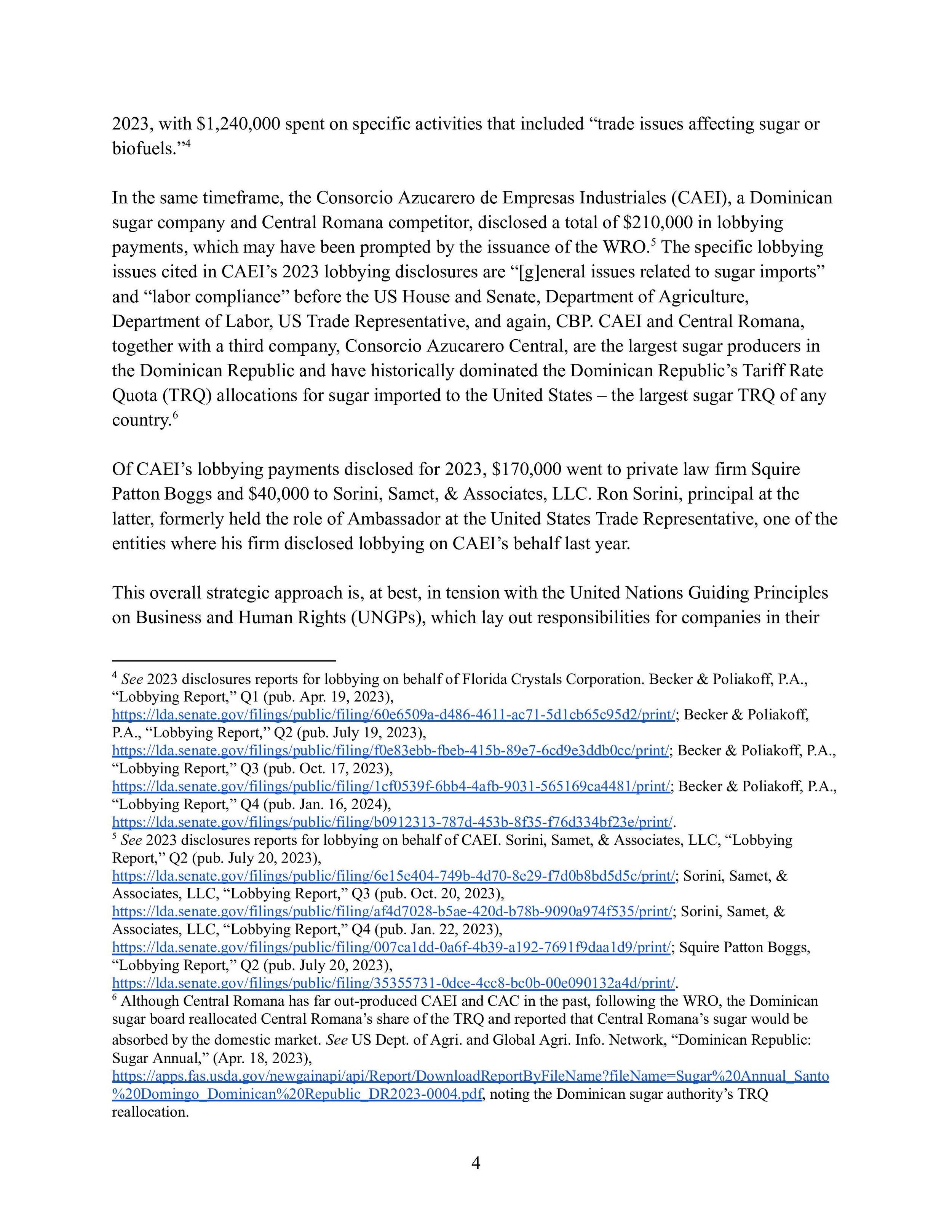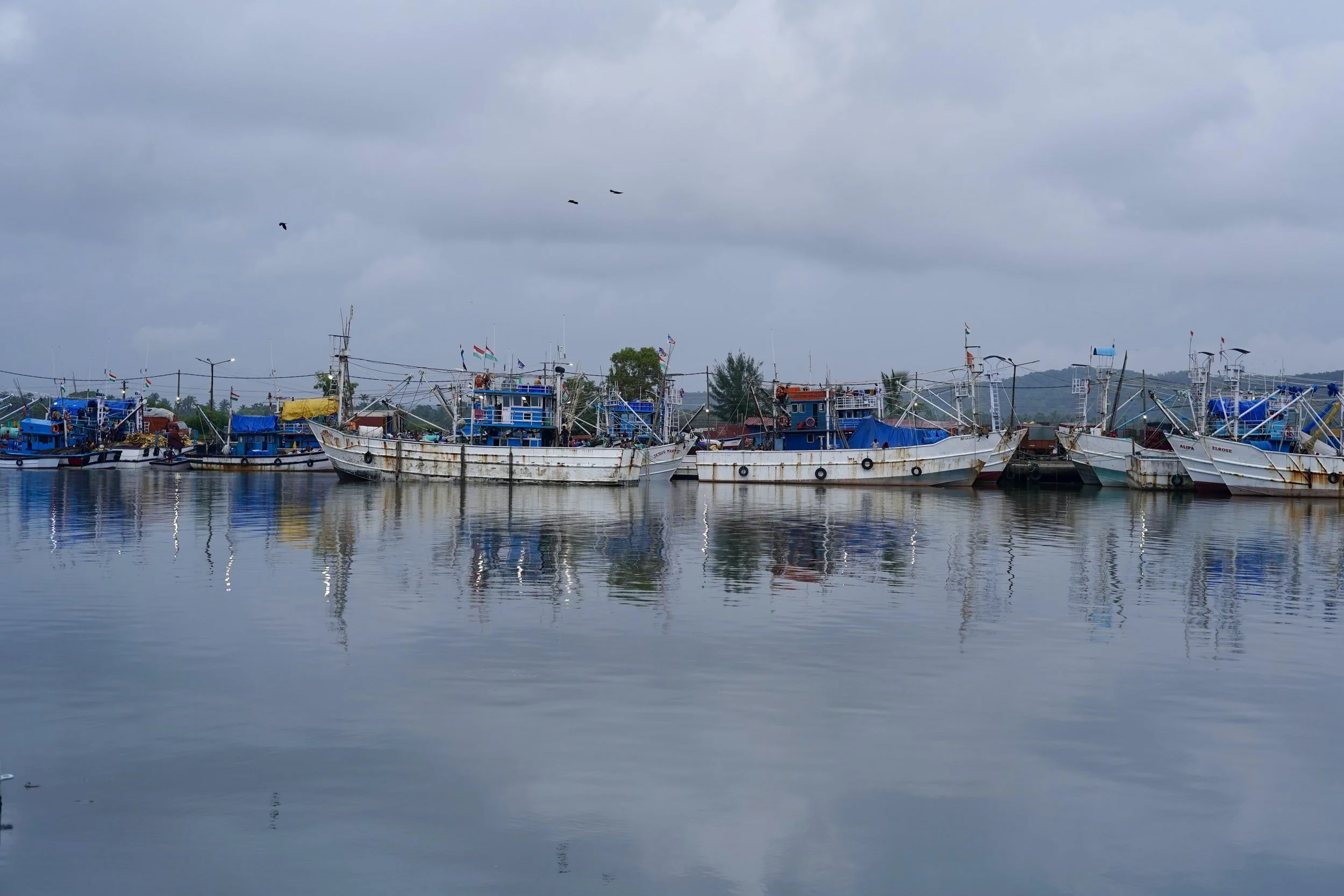In March 2025, four Indonesian fishers filed a lawsuit in California against Bumble Bee Foods, a major U.S. tuna company. The fishers claimed Bumble Bee had violated the prohibition on forced labor under the Trafficking Victims Protection Reauthorization Act (TVPRA).
On November 12, 2025, a district court allowed the case against Bumble Bee Foods to continue beyond the motion to dismiss stage. This is an important decision, making it more likely that the four plaintiff fishers – who faced severe deprivation and abuse while out at sea – will eventually receive a remedy.



































